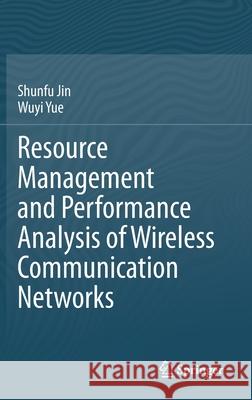Resource Management and Performance Analysis of Wireless Communication Networks » książka
topmenu
Resource Management and Performance Analysis of Wireless Communication Networks
ISBN-13: 9789811577550 / Angielski / Twarda / 2021 / 466 str.
Resource Management and Performance Analysis of Wireless Communication Networks
ISBN-13: 9789811577550 / Angielski / Twarda / 2021 / 466 str.
cena 684,33
(netto: 651,74 VAT: 5%)
Najniższa cena z 30 dni: 655,41
(netto: 651,74 VAT: 5%)
Najniższa cena z 30 dni: 655,41
Termin realizacji zamówienia:
ok. 16-18 dni roboczych.
ok. 16-18 dni roboczych.
Darmowa dostawa!
Kategorie:
Kategorie BISAC:
Wydawca:
Springer
Język:
Angielski
ISBN-13:
9789811577550
Rok wydania:
2021
Wydanie:
2021
Ilość stron:
466
Waga:
0.86 kg
Wymiary:
23.39 x 15.6 x 2.69
Oprawa:
Twarda
Wolumenów:
01
Dodatkowe informacje:
Wydanie ilustrowane











